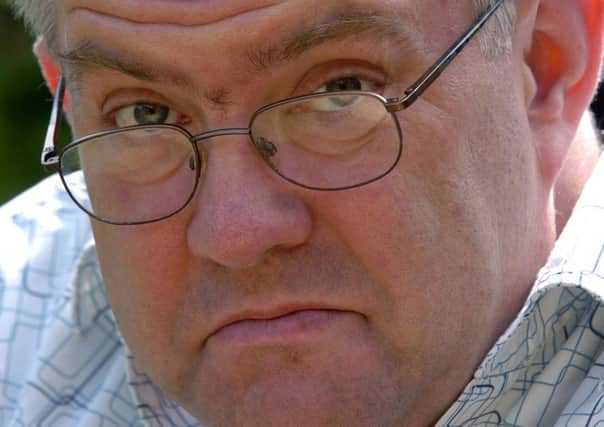Ian McMillan: Why good writers always listen to their inner rhythm


We’ve all got our own inner rhythms, of course, and they come from the things we heard and took part in as children. As a young lad I went to church twice every Sunday and, although I was often distracted by the baroque ornamentation of Miss Tunstall’s hat and the way the light from the stained glass windows of Darfield All Saints played across it, at the same time I was absorbing the rhythms of the 1662 prayer book, the calls and the responses, the psalms, the prayers and the hymns. To say the Lord’s Prayer aloud twice a week is to have a very particular version of the English language wafting around your head. To sing Onward Christian Soldiers and Hills of the North Rejoice gives you an insight, at a very young age, into the musicality of language. You don’t notice it at the time, of course, but it nests somewhere at the back of your brain, ready to fly when you need it.
Outside the church there were the rhymes and playground games that still, in the early 1960s, were an essential part of any child’s soundscape: “Racing car number 9, losing petrol all the time.” “We four Beatles of Liverpool are, one in a taxi, one in a car. One on a scooter, peeping his hooter, following Ringo Starr.” They were nonsense but they stuck.
Advertisement
Hide AdAdvertisement
Hide AdThen there was the world of adults, of the way they spoke, of the rhythms they adopted. The idea of the radio as the main outlet for popular culture was still very much in living memory and my parents and the other grown-ups would often spout catchphrases that were unfathomable to me but which carried a set of matching cultural baggage for them: “It’s that man again!”, “After you, Cecil; no, after you Claude!”, “Can I do you now, sir?” They would intone these little packages of words and then laugh and laugh as though they’d just said the funniest things in the world.
All these differing ways of speaking and thinking, and many others, have entered my mind via a number of doors and they subtly dictate the way I write and talk. We could all make our own personal lists of these influences, but perhaps there would be more shared items than we think. After all, lots of us went to church, played playground games, had parents who listened to ITMA.
Now the column comes to an end, and the rhythm assumes a falling cadence, like some of the psalms used to do at evensong. It slows, it slows. Then there’s a quick catchphrase to change the tone: That’s All, Yorks!